Venezuelan President Maduro says two “very high-level” US citizens have been arrested in Venezuela alongside a group of 7 mercenaries
Venezuelan President Maduro Announces Arrest of Two “Very High-Level” U.S. Citizens and 7 Mercenaries in Venezuela
In a dramatic development in international relations, Venezuelan President Nicolás Maduro recently announced the arrest of two “very high-level” U.S. citizens alongside a group of seven mercenaries in Venezuela. The arrests have raised significant concerns and garnered international attention, especially amid the already tense relations between Venezuela and the United States. This incident has the potential to further complicate the geopolitical landscape, as both nations have been at odds over various issues, including political ideologies, economic sanctions, and military interventions.
The Arrests: A Complex Web of Allegations
On January 8, 2025, President Maduro took to national television to declare that a group of seven mercenaries, along with two U.S. citizens described as “very high-level,” had been detained by Venezuelan authorities. While specific details about the identities of the individuals involved remain scarce, the Venezuelan government has accused the group of attempting to orchestrate destabilizing actions within the country, possibly related to an alleged coup plot.
Venezuelan authorities have described the arrested U.S. citizens as individuals with significant political and military backgrounds, fueling speculation that they could be former military personnel or intelligence agents. Maduro’s government has a history of accusing the U.S. of interference in Venezuela’s internal affairs, often attributing opposition movements and unrest to external forces.
In his announcement, Maduro emphasized the severity of the situation, claiming that the arrests marked a major victory for Venezuela’s national security and sovereignty. He further suggested that the detained individuals were part of a larger, more sophisticated operation aimed at destabilizing his government, which has faced considerable internal and external pressures in recent years.
Background of U.S.-Venezuela Tensions
The relationship between the United States and Venezuela has been historically fraught, especially in the last two decades under the leadership of Hugo Chávez and later Nicolás Maduro. The U.S. has consistently opposed the Maduro administration, accusing it of human rights violations, corruption, and authoritarianism. In return, Maduro’s government has accused the U.S. of trying to undermine Venezuela’s sovereignty, supporting opposition forces, and imposing crippling sanctions on the country.
These tensions have been heightened by the U.S.’s recognition of Juan Guaidó as the legitimate president of Venezuela in 2019, following mass protests against Maduro’s reelection. The U.S. has imposed several rounds of economic sanctions on Venezuela, aiming to pressure Maduro’s government and limit its access to global markets. The Venezuelan economy has been severely affected by these sanctions, leading to widespread poverty and a humanitarian crisis in the country.
The allegation that U.S. citizens were involved in a military operation inside Venezuela comes at a time when the Maduro administration has been making efforts to regain control over the country and reduce external interference. The government has been engaged in efforts to strengthen its military and intelligence capabilities to counteract both internal dissent and foreign influence.
The Mercenary Group: Unveiling the Connections
The group of seven mercenaries arrested alongside the two U.S. citizens is reportedly a highly trained and well-funded unit. Mercenary groups, which have long been used by various countries for covert operations and military interventions, are often seen as a tool for governments to conduct deniable operations. These groups typically operate in regions with political instability, where they can carry out missions without directly implicating their sponsoring country.
The precise nature of the mercenaries’ mission in Venezuela remains unclear, but there are suspicions that they were hired to carry out covert actions against the Maduro regime. In recent years, there have been multiple instances of mercenaries and private military contractors operating in Latin America, and some analysts believe that foreign powers may have been using such groups to influence the outcome of Venezuela’s political crisis.
In 2020, a failed attempt to overthrow Maduro, known as “Operation Gideon,” involved a group of mercenaries hired to capture or kill Maduro and install an opposition government. That operation was thwarted, and many of the mercenaries involved were captured or killed. The arrest of the new group of mercenaries suggests that there may be a continuation of such efforts to destabilize Venezuela, and the involvement of U.S. citizens only adds to the controversy.
Reactions from the U.S. Government and International Community
The news of the arrests has sparked immediate reactions from both the U.S. government and international observers. The U.S. State Department has expressed concern over the reports of the detentions and has called for immediate clarification of the circumstances surrounding the arrests. Given the tense relationship between the two nations, U.S. officials have refrained from making direct accusations but have demanded the safe and fair treatment of any American citizens involved.
In the past, the U.S. has criticized Venezuela for human rights abuses and for arresting opposition leaders and foreign nationals on politically motivated charges. There is a possibility that the United States could use the arrests as a diplomatic bargaining tool, especially considering the ongoing efforts by the Biden administration to reinstate diplomatic relations with Venezuela.
The international community, including the European Union and the United Nations, has expressed concern over the situation, calling for transparency and a peaceful resolution. Many nations are wary of any escalation in Venezuela, which has been dealing with political instability, a refugee crisis, and a severe economic downturn.
Some analysts suggest that this latest incident could be part of a broader diplomatic game between the U.S. and Venezuela. With both nations at odds over a range of issues, the possibility of a negotiation or prisoner exchange cannot be ruled out. The U.S. has a long history of negotiating the release of American citizens detained abroad, especially in politically charged cases.
The Broader Implications of the Arrests
The arrest of two U.S. citizens alongside a group of mercenaries in Venezuela has the potential to significantly impact not just U.S.-Venezuela relations but also broader geopolitical dynamics in Latin America. The incident highlights the ongoing struggle for control and influence in Venezuela, which is rich in oil reserves and strategically located in the region.
This event may also serve as a reminder of the ongoing power struggle between authoritarian regimes and the Western-backed opposition in countries like Venezuela. For Maduro, the arrests are an opportunity to frame his government as a protector of Venezuelan sovereignty, while for the U.S., it may be seen as a violation of international norms and an act of retaliation against perceived U.S. interference.
In addition to the direct political and diplomatic ramifications, this incident could also lead to further instability in the region. Countries in Latin America, which are already grappling with political and economic crises, may find themselves increasingly divided in their support for either the Maduro government or the opposition. Any escalation of tensions between Venezuela and the U.S. could have wider implications for the stability of the region as a whole.
In Conclusion
The recent arrest of two high-level U.S. citizens alongside a group of seven mercenaries in Venezuela has brought tensions between the two countries to a boiling point once again. The full details surrounding the arrests are still unclear, but the implications for international diplomacy and regional stability are significant. As both nations continue to navigate the complex terrain of political, economic, and military power, this incident is a reminder of the ongoing challenges facing Venezuela and the broader geopolitical tensions in Latin America.
For now, the situation remains in flux, and the world will be watching closely to see how the U.S., Venezuela, and the international community respond to this latest development. What is certain is that the arrest of these individuals is just one chapter in the long and contentious history of U.S.-Venezuela relations, and it could have far-reaching consequences in the years to come.
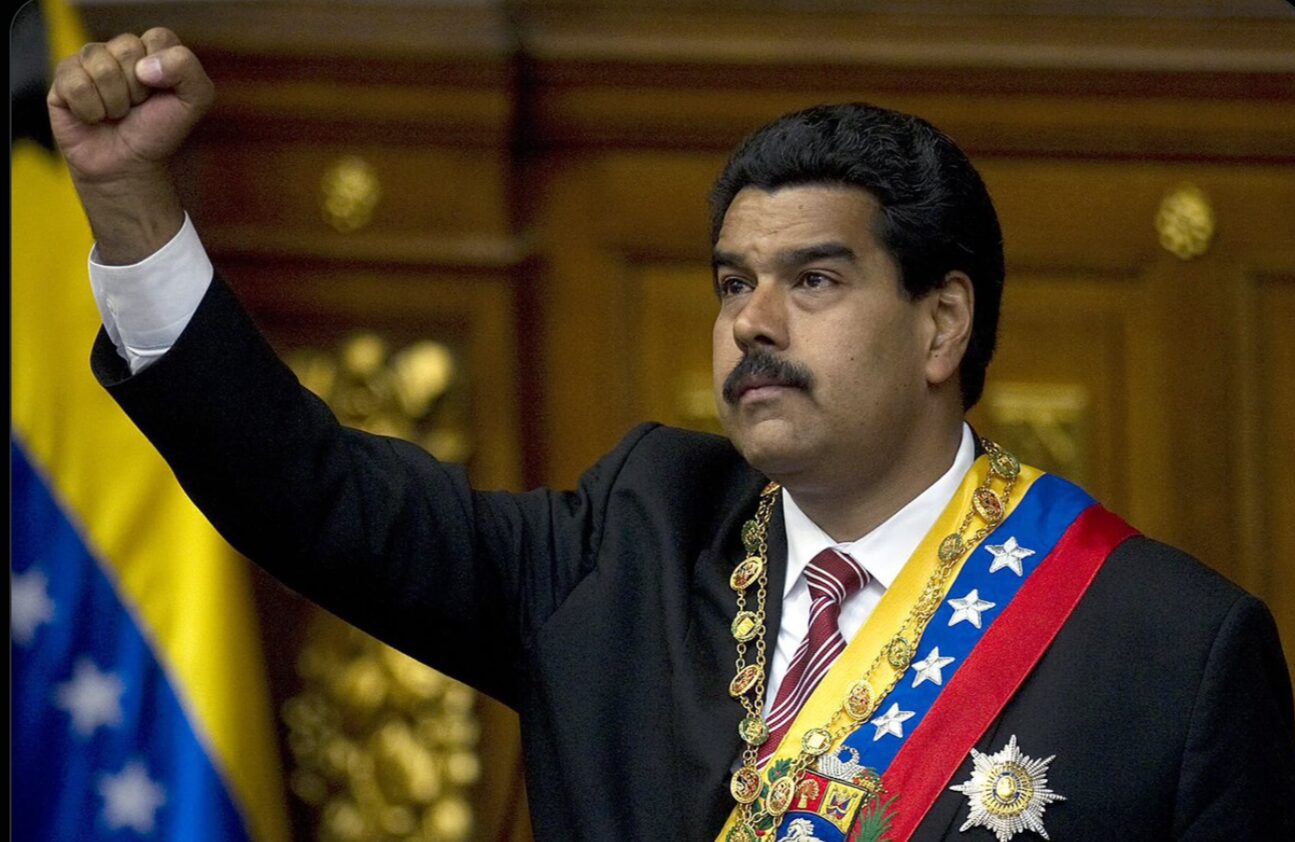

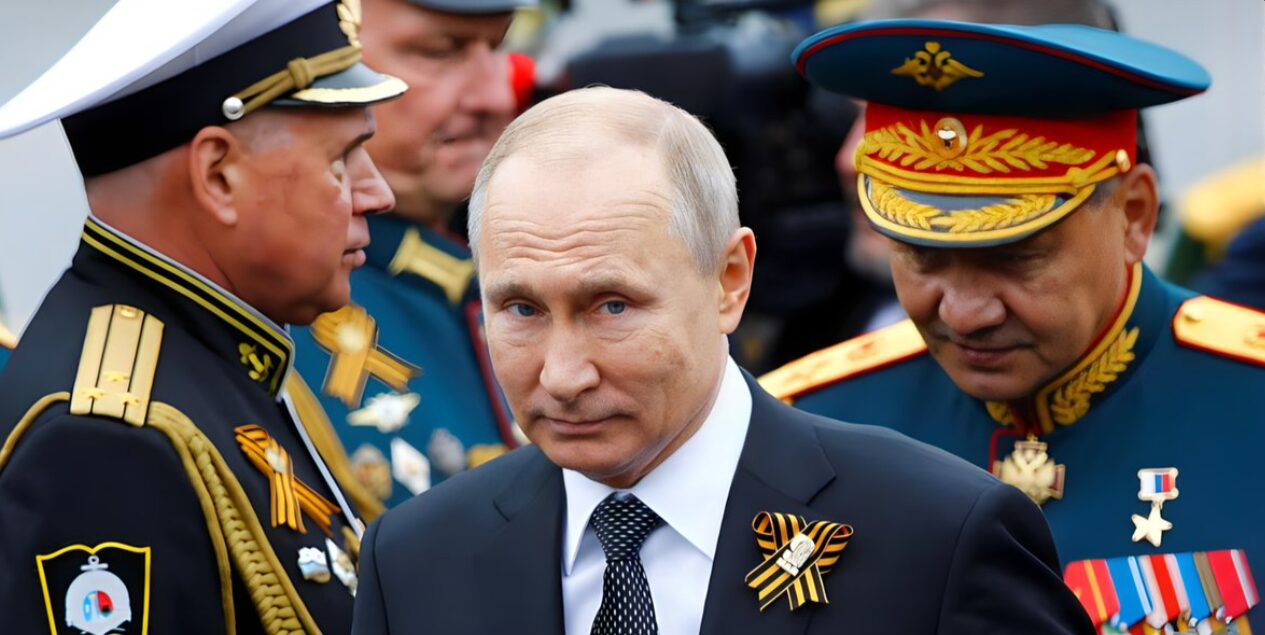
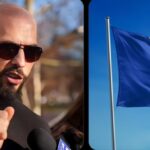
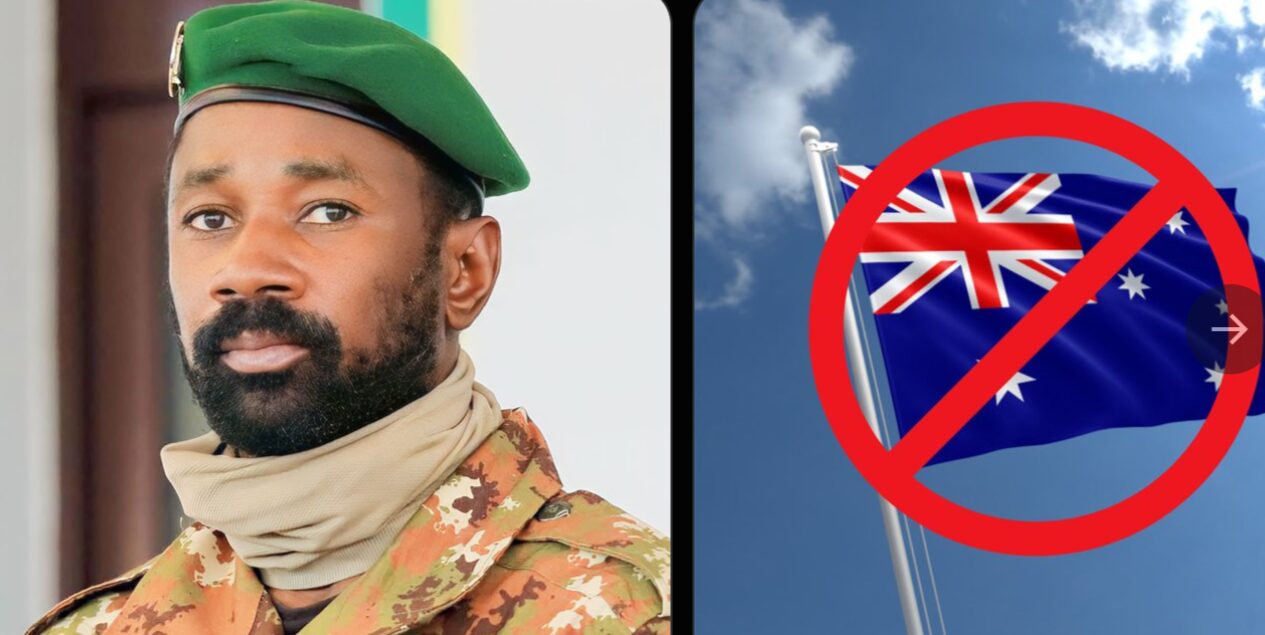
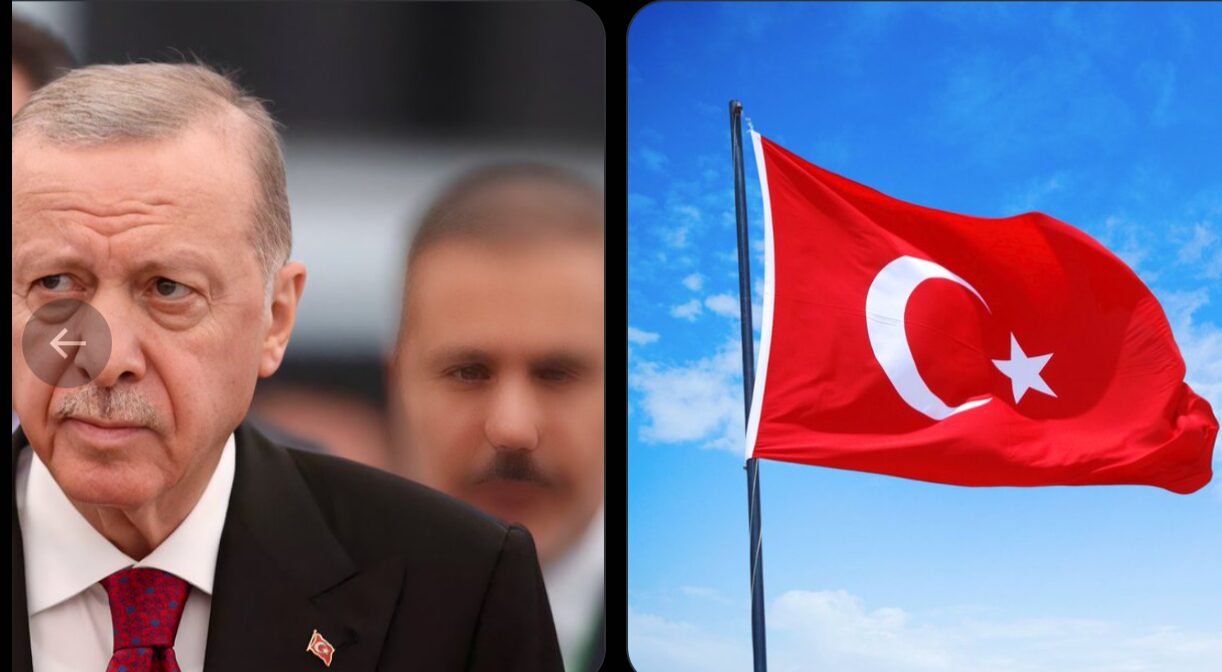
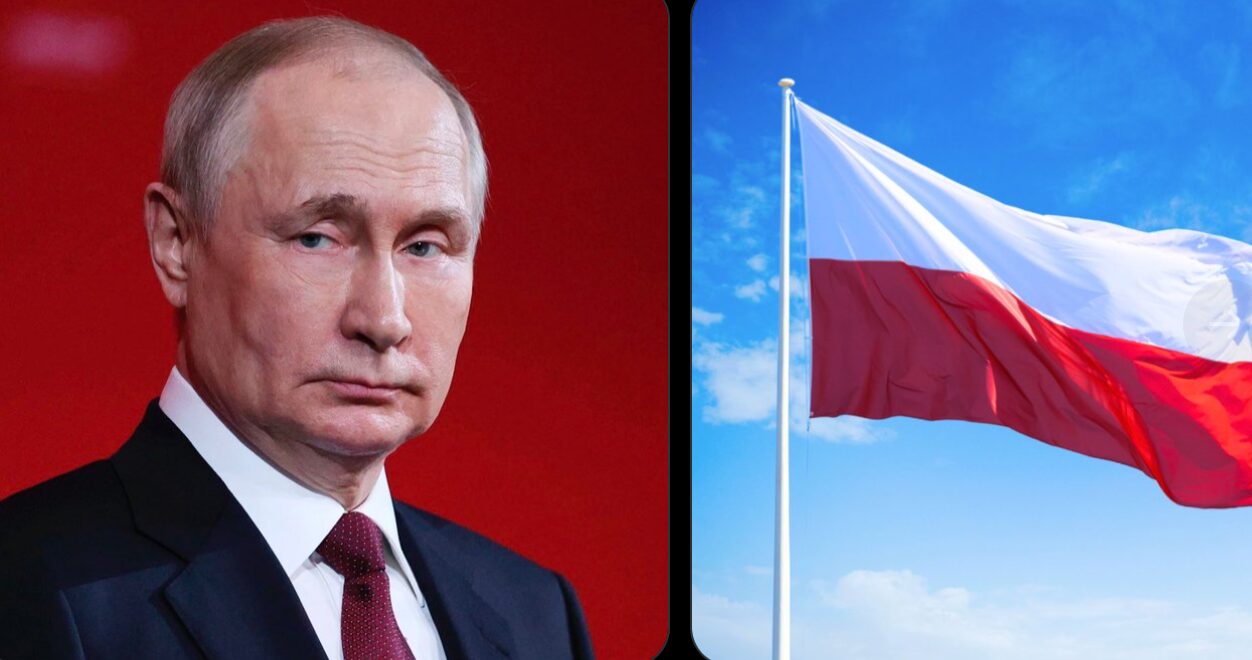
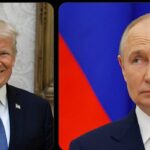
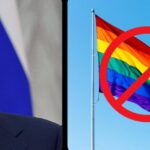








Post Comment